According to the National Archives, Hispanic Heritage Month started off as a weeklong celebration in 1968 under President Lyndon B. Johnson, and then was extended to an entire month by President Ronald Reagan in 1988. This month is observed to recognize and celebrate the diverse cultures and extensive, struggle-filled histories of Hispanic countries around the world.
Rather than beginning at the start of September, Hispanic Heritage Month begins on September 15, marking the anniversary of independence for many Latin American countries including Costa Rica, El Salvador, Guatemala, Honduras and Nicaragua. Other countries acknowledging independence are Mexico, celebrating on September 16, and Chile on September 18.
While Hispanic Heritage month has been around for a while, many still ask the question: What does being Hispanic mean? Often, the words Hispanic and Latino are used interchangeably, but they do not mean the same thing. Latino signifies those who come from or are descended from Latin American countries, including Brazil and the Caribbean. Hispanic describes those who come from Spanish-speaking countries; these include Spain, located in Europe, and Equatorial Guinea, located in Africa.
For many, being Hispanic signifies a distinct culture filled with passion, pride, and lots of good food. “Being Hispanic creates a community among people from around the world where we are united by a common language and a diverse culture,” said Elisa Eraña ‘25, who is of Mexican and Nicaraguan descent.
The celebration of Hispanic Heritage Month in the United States allows those who came from Hispanic countries or those whose family members are from Hispanic countries to celebrate who they are, where they come from, and acknowledge their struggles as well as their triumphs.
According to the PEW Research Center, in 2020, the Hispanic population was about 62.1 million in the United States and made up 19% of the nation’s population. As the Hispanic population increases, so does their influence on American society, allowing for recognition and admiration for this community to grow, not only during Hispanic Heritage Month, but throughout the entire year.
Growing up in a Hispanic family, in a city where it is typically more common to hear a conversation in Spanish in a café rather than English, I often take for granted the importance of the diversity and impact Latin culture has on the nation and on our daily lives.
Having a Cuban-American mom and a Venezuelan dad, both whose countries have been wracked by political and economic turmoil, I am constantly reminded of the hardships confronted in Latin America, and respect the struggles many have gone through to make it to security.
However, the flaws of one’s country do not take away from the pride that Hispanics feel towards their culture and heritage. “I think it is important to have pride in your culture,” said Sra. Burelli, Upper School Spanish teacher and a native of Venezuela, “because where you are from defines you.”




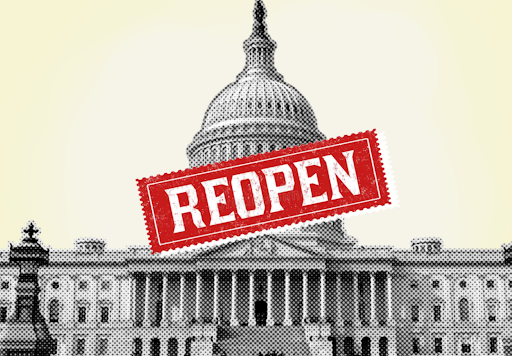

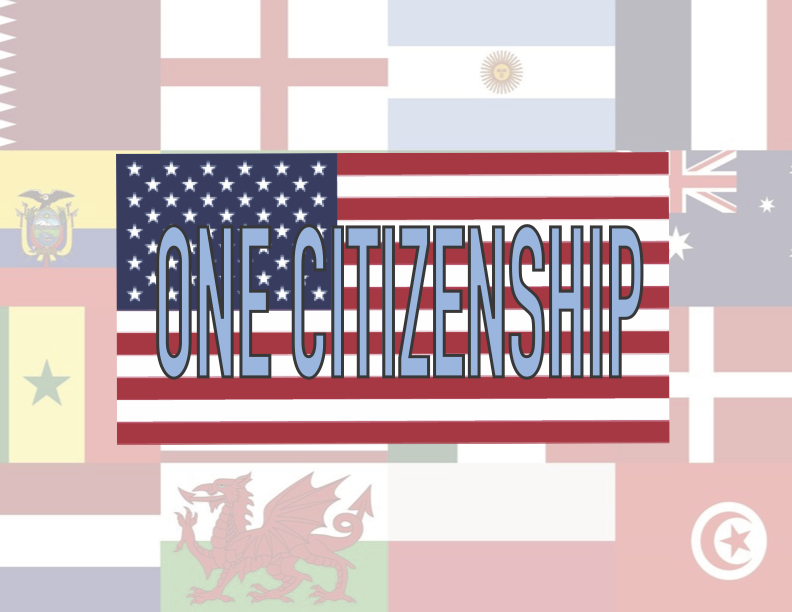

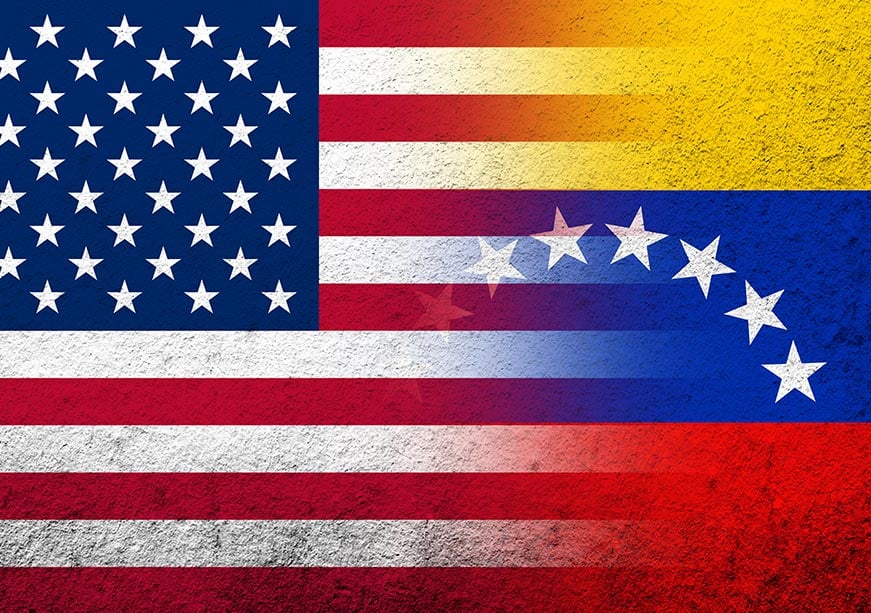












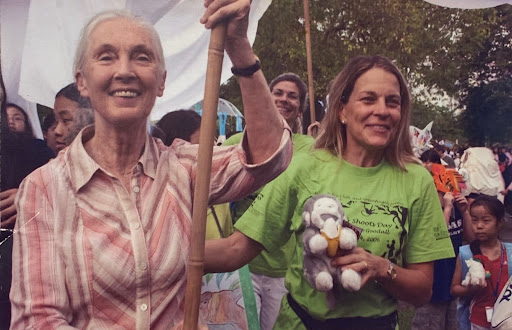
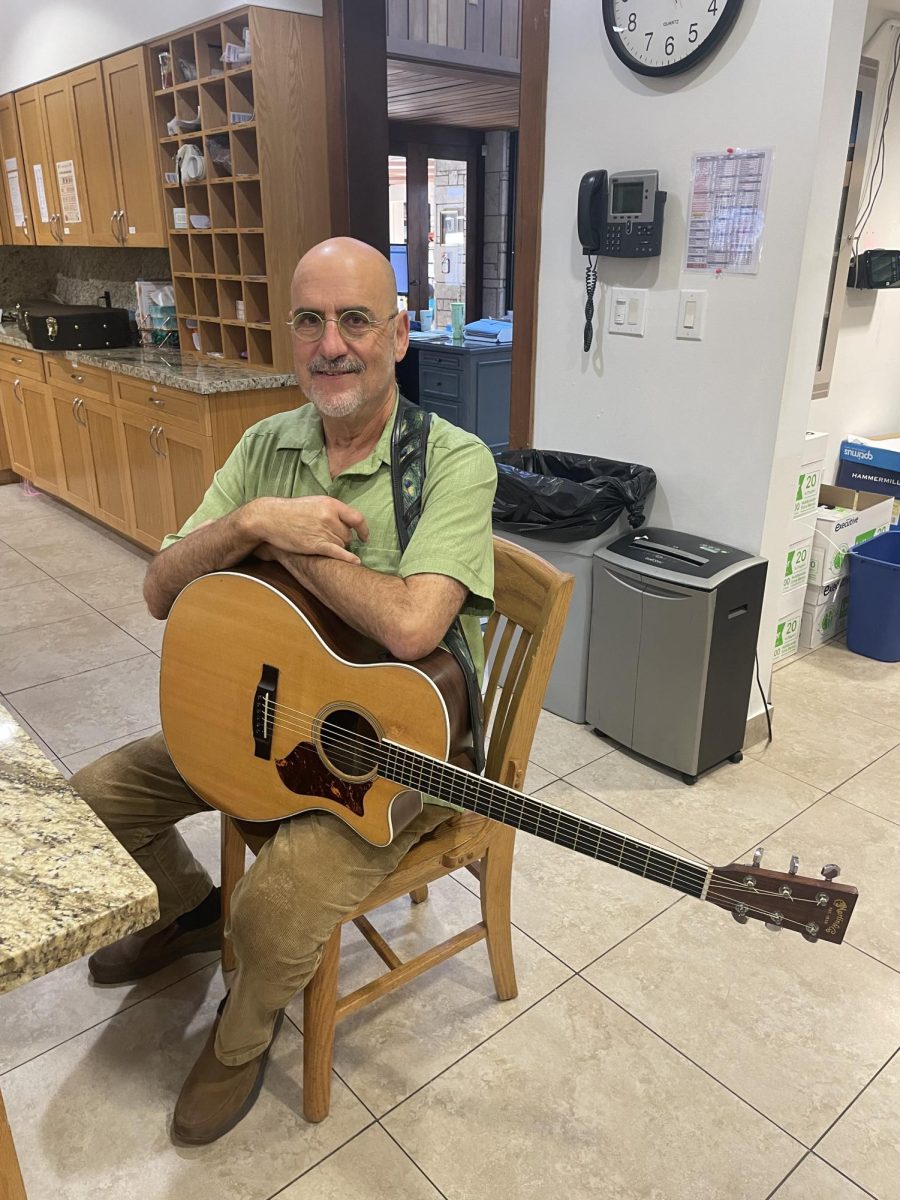


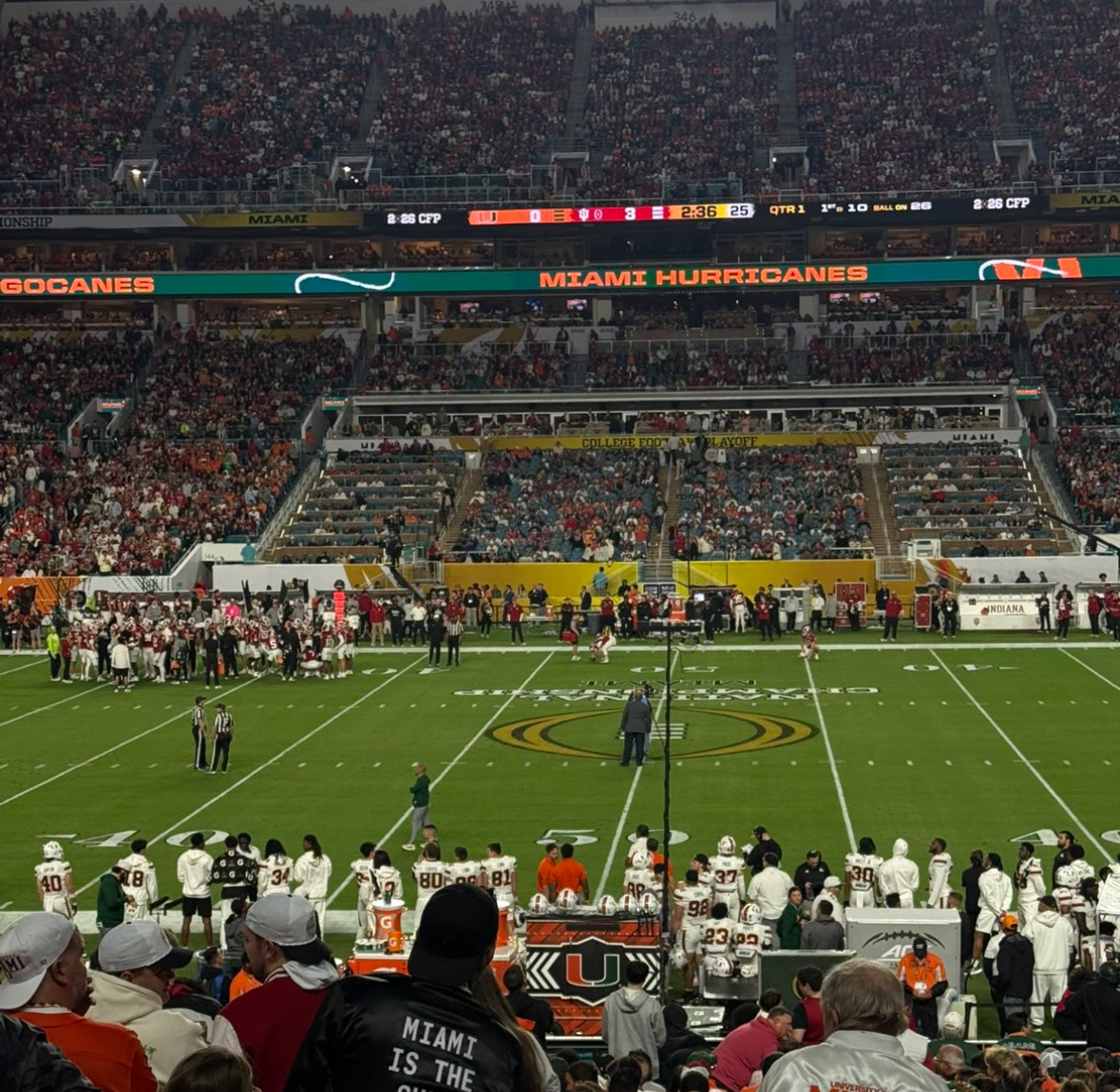

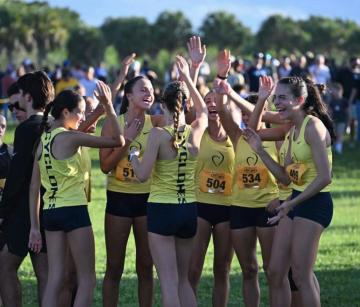

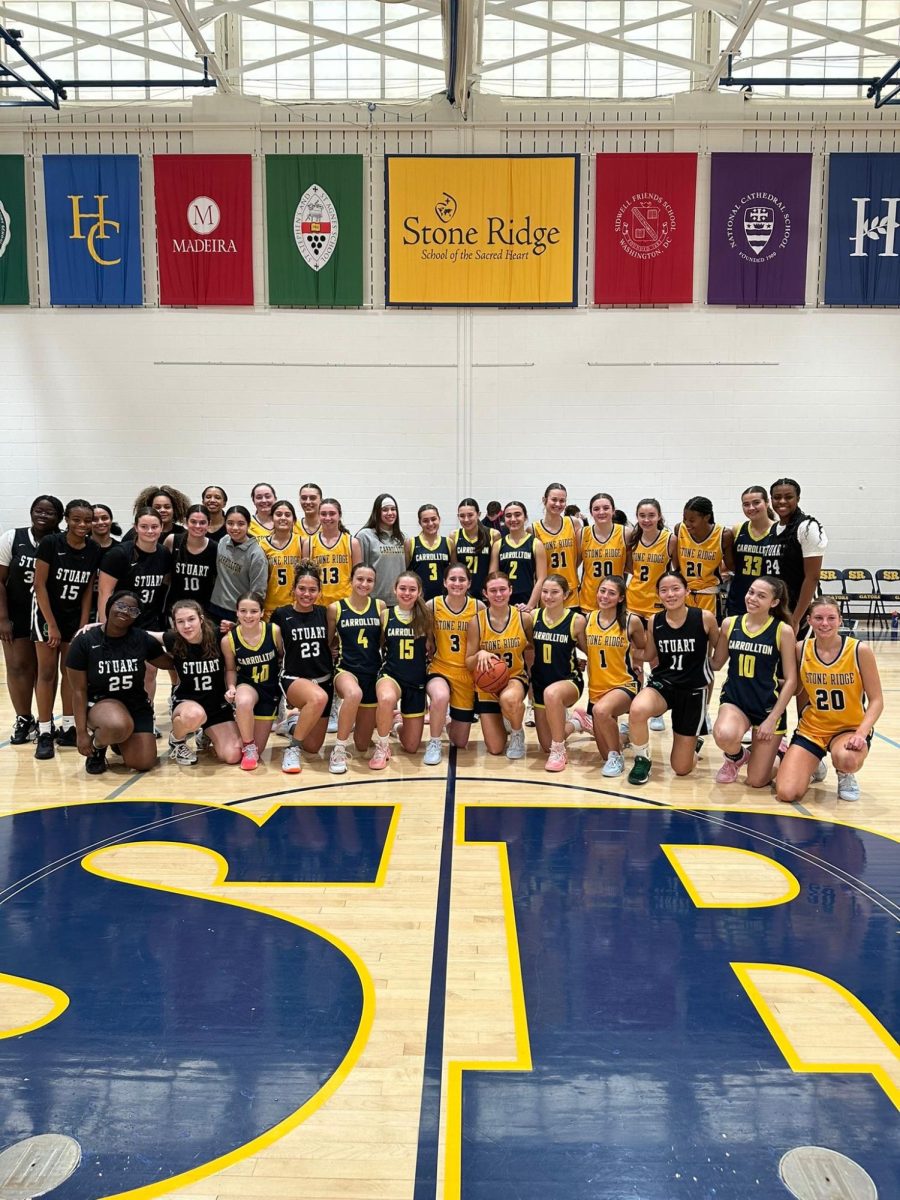

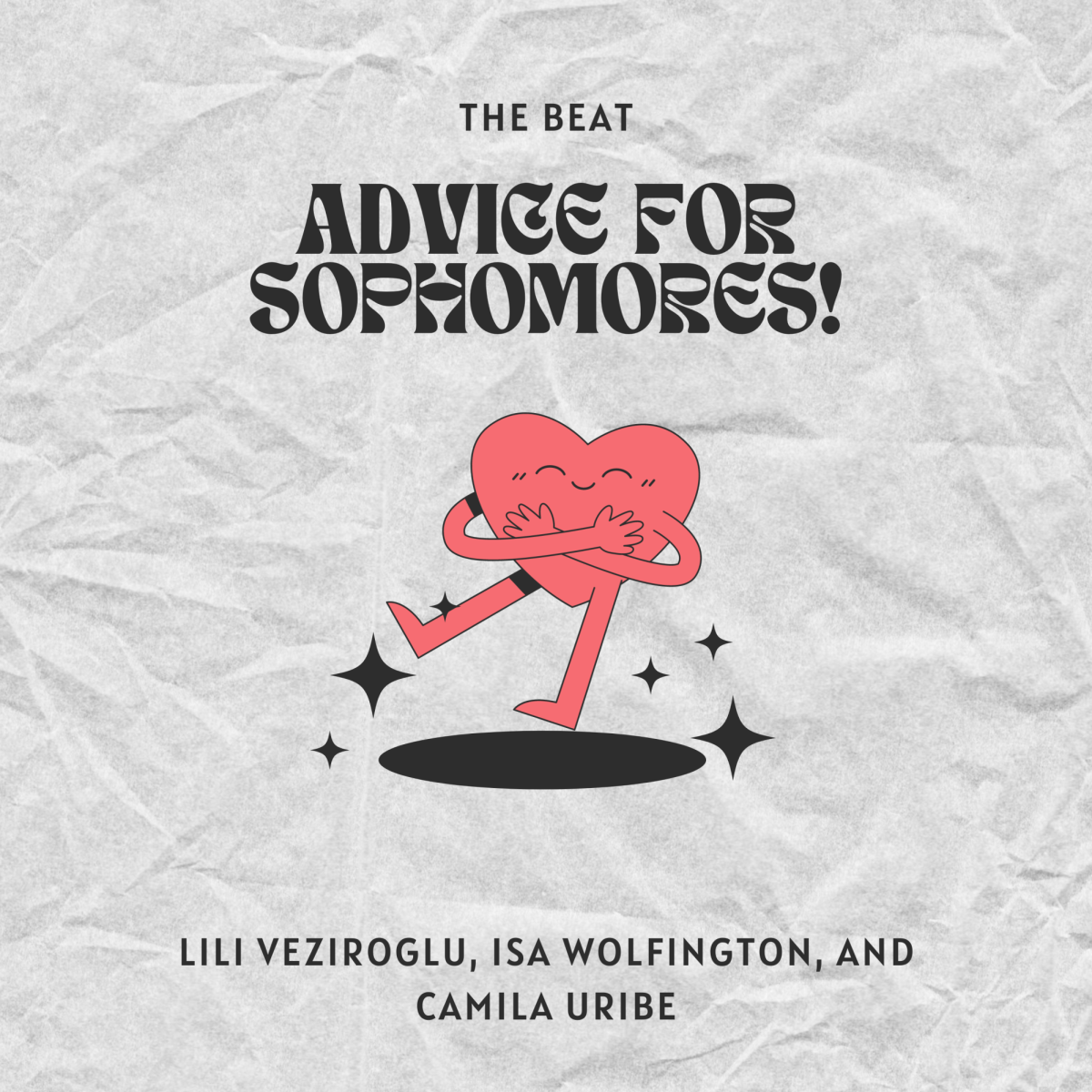



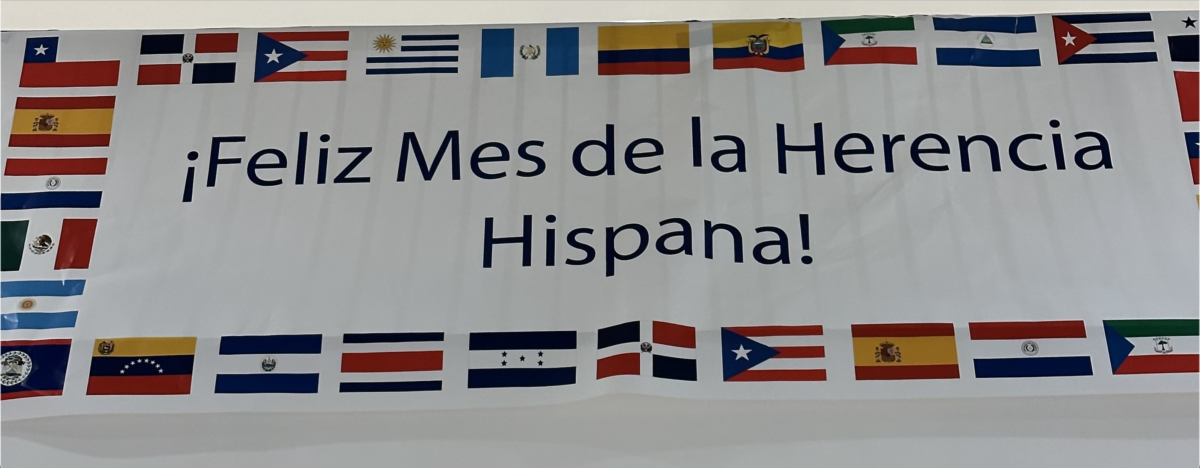


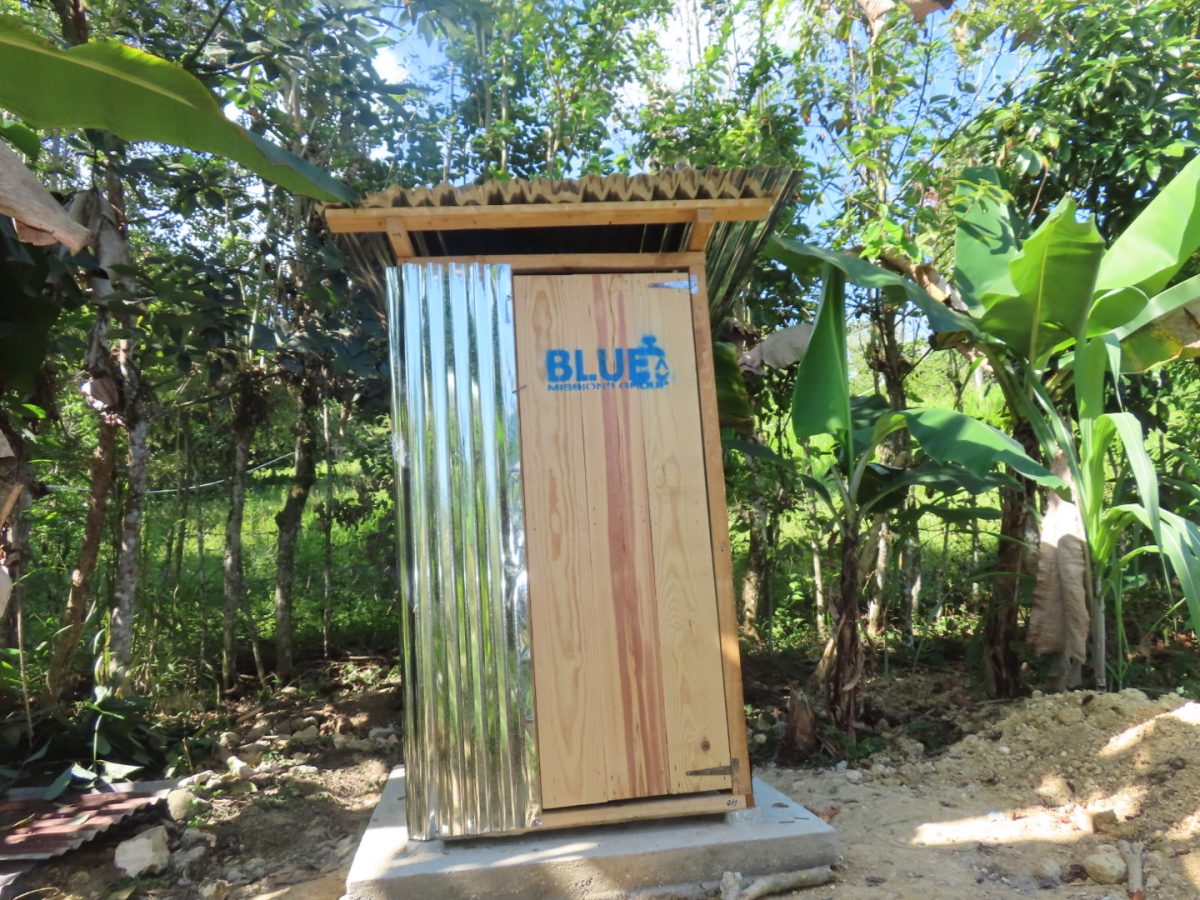



Liza Abreu • Oct 4, 2023 at 12:09 pm
Nice article Miranda, we’ll done.
Natalie Astigarraga • Oct 4, 2023 at 10:31 am
Beautiful reflection – thank you!
Anna Cammarano • Oct 4, 2023 at 10:03 am
Great article! We’ll said!
Andrea Gianulis • Oct 4, 2023 at 10:01 am
Slay Miranda